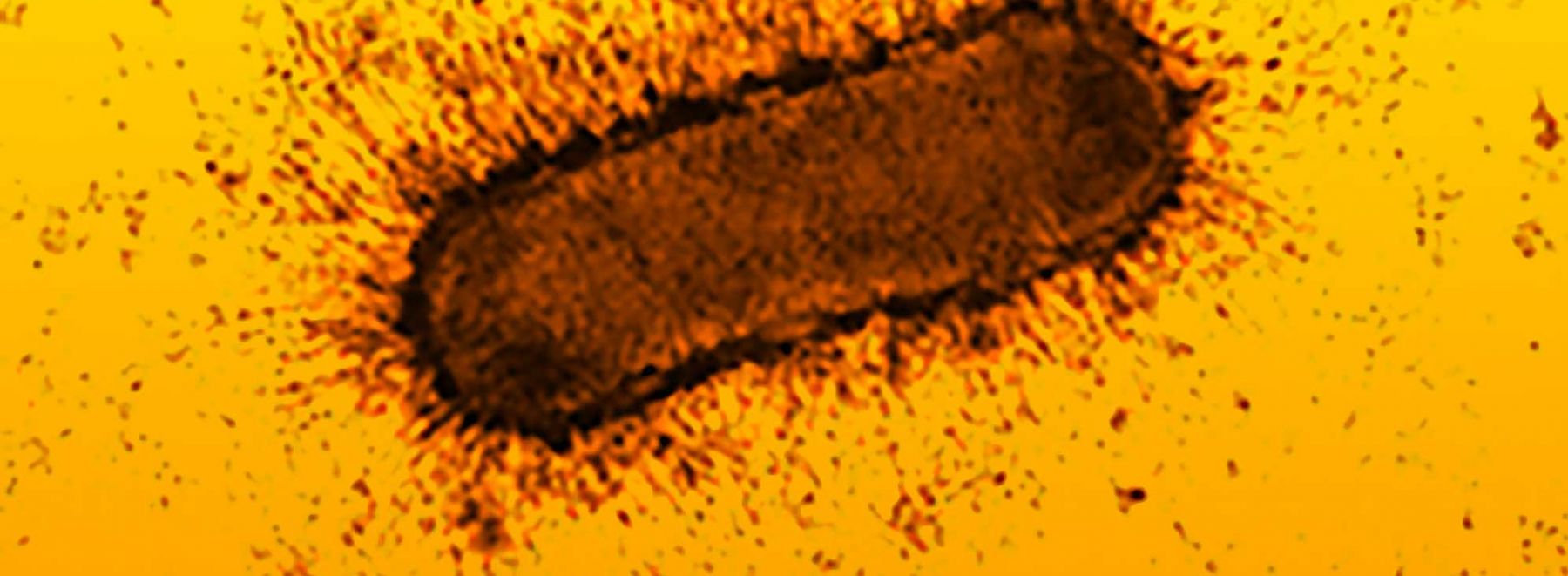Microbiology is the study of the properties, characteristics, and interactions of micro-organisms and their effects on other organisms and the environment. Microbiology has been and continues to be at the forefront of those fields and technologies that contribute to human welfare and to our understanding of the basic mechanisms of life processes.
Microbiology
Provides students with a broad-knowledge base regarding the fundamental principles and diversity of microorganisms. These studies emphasize the contribution of microbiology to our basic understanding of fundamental life processes and provide insight into how microbiology impacts our everyday lives. Additionally, this knowledge base prepares students for graduate work and careers in food, industrial, marine, and pharmacological microbiology.
Careers in Microbiology
Microbiology is a dynamic field which has grown rapidly both with regard to fundamental knowledge and its application to medicine, agriculture, and industry. Dozens of biotechnology companies, formed to exploit these advances, provide employment for students with suitable training at the bachelor's level. New industries devoted to genetic engineering offer microbiologists excellent career opportunities. Microbiologists are also in great demand in clinical microbiology.
Students interested in the health sciences and related professions can take advantage of the University's excellent health science advisory system located in Cheadle Hall. They can seek advice and support from the beginning of their studies in biology to their entrance into health sciences graduate programs and professional schools.
Students interested in teaching biological sciences and conducting research at a university should plan to complete the Ph.D. degree. Students interested in teaching at a community college should pursue graduate work at least through the master's degree. Teaching at the junior high or high school (secondary) level requires the California single subject teaching credential. Students considering this last option should discuss their plans with the credential advisor in UCSB's Graduate School of Education early in their academic careers.
High School Preparation
Recommended as part of or in addition to the UC admission requirements:
- One year of biology
- One year of chemistry
- Mathematics through trigonometry
- One year of physics
Transfer Preparation
To make normal progress in the major, complete the following courses in your first two years:
- One year sequence of general chemistry with laboratory
- One year sequence of general biology with laboratory
- Two terms of calculus and either a third term of calculus or one term of statistics
- One year sequence of organic chemistry with laboratory
- One year sequence of physics with laboratory
Please see the UCSB General Catalog or your high school or community college counselor for more information on course preparation.
Additional Information
For further information please consult one of the biology undergraduate academic advisors.
FAQs
- How many upper division biology courses should I take per quarter?
-
We recommend taking two upper division biology courses per quarter (assuming 8.0 units per quarter) and, if possible, fulfilling area specific requirements first starting one's Junior/3rd year. This will give you the required 48.0 units required for most of our majors. For more detailed recommendations for the MCDB majors please go to: Resource Documents: Recommended Schedule - MCDB majors.
